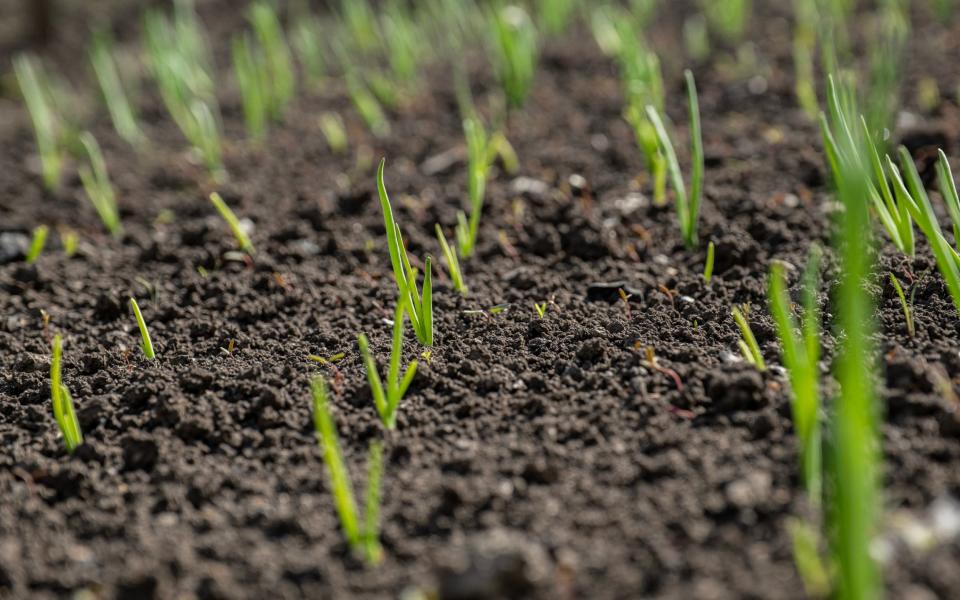British plant biologists are to work with their European counterparts to determine whether ancient microbes extracted from deep below the Arctic surface can be used to help present-day plant species adapt to climate change.
A team at Heriot-Watt University in Edinburgh has been awarded £500,000 by Horizon Europe, a European Union scientific research initiative, to work on the four-year project, Tolerate. They will examine soil samples which are hundreds of thousands of years old.
Dr Ross Alexander, a plant molecular biologist at Heriot-Watt, said: “The Tolerate team is using samples from the palaeolithic period, around 100-200,000 years ago, because the planet was warming then, much like now.
“The project aims to find out whether the plants, soil and bacteria of the past can help our current crops survive in a rapidly changing planet.
“Drought is a particular concern for crops around the world. According to the latest report of the European Drought Observatory, 47 per cent of the EU is in warning conditions and 17 per cent is in alert conditions. Cereal yields are decreasing by as much as 10 per cent in some areas.”

Tolerate scientists at Alfred Wegener Institute in Germany have already dissected the DNA of some of the prehistoric bacteria from the samples.
The Heriot-Watt team will run tests to determine whether this ancient DNA can help present-day bacteria support plants when water is scarce.
Dr Alexander said: “Bacteria play a huge role in plant health. They release compounds that might help plants retain
moisture around the roots, act like glue to help maintain the soil or help the plants take up the nutrition they need.
“We’ll be using above-ground controlled growth chambers to see if we can use the bacteria to drought-proof barley, one of Scotland’s biggest crops.”
Agriculture in the UK ‘under stress’
Professor Stephen Euston, an expert in food chemistry at Heriot-Watt, said: “We’re in touch with farmers and landowners across Scotland to source soil samples.
“Agricultural systems in the UK and worldwide are facing multiple stresses, including climate change, pressure for land for housing and population increases.
“If we could grow food crops like barley on marginal land that’s currently unsuitable for agriculture because of issues like drought, there would be huge economic and social benefits.”
Prof Euston added: “Additionally, the molecules these bacteria produce to help improve soil and water availability to crops could have valuable uses elsewhere.
“We are working towards producing large enough quantities of these molecules to be tested in biomedical and industrial cleaning applications, for example.
“Having access to these ancient samples is an incredible bonus. There could be a huge wealth of biological resources that we could tap into to improve our current and future environment in Scotland and around the world.”
The team will be recruiting a PhD student and a postdoctoral student to help with the research.
Source Agencies

